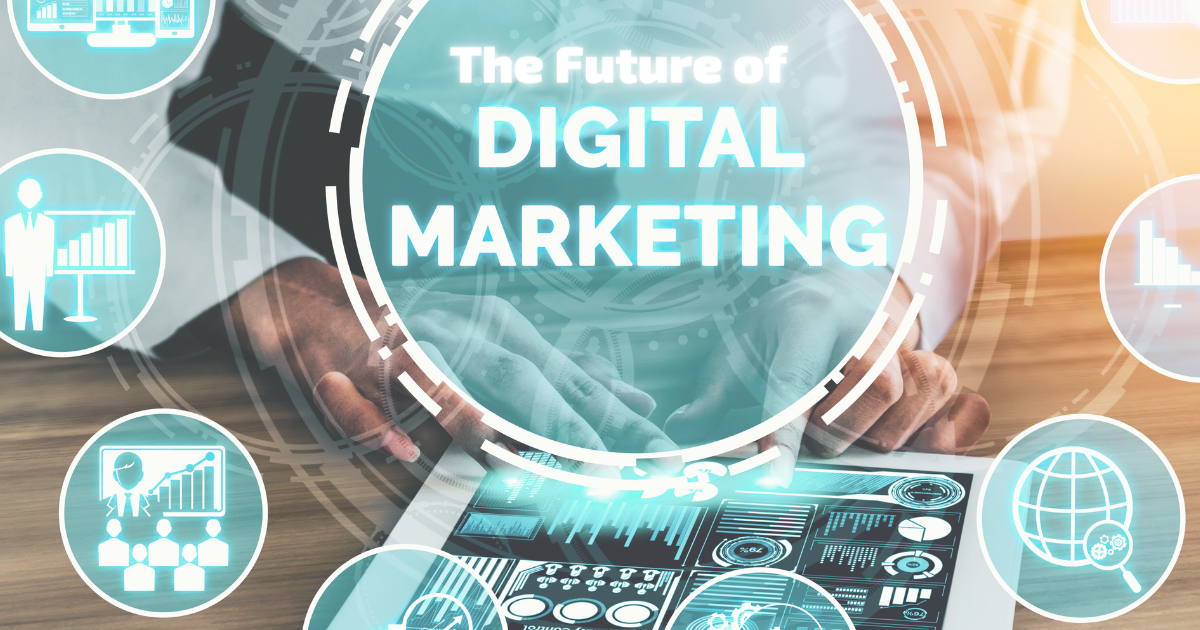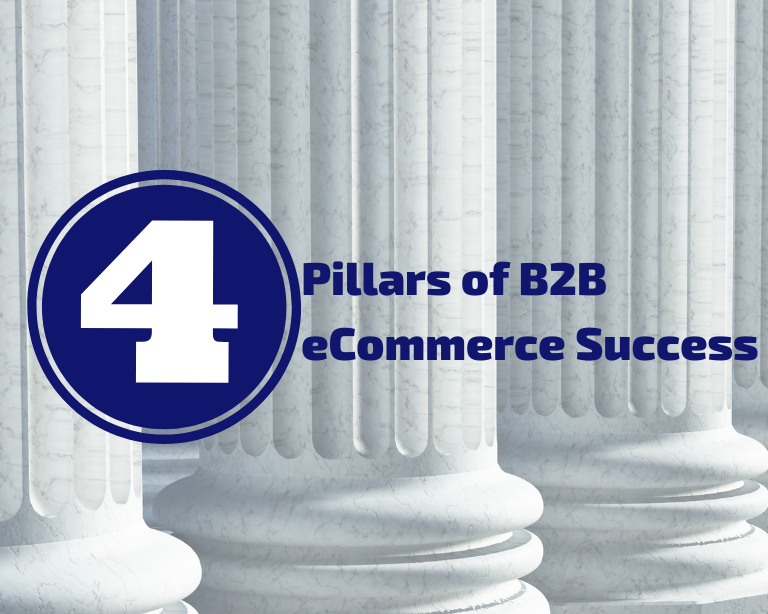The Future of B2B Digital Marketing – Innovation & Automation
The future of B2B digital commerce requires the agility to respond to market forces and the capability for fast adaptation to evolving buyer behavioral signals to enhance the customer experience and reduce prospect abandonment.
Forrester research revealed that companies committed to a future-fit technology strategy grew revenue 1.8 times faster than their peers.
Future-Fit E-Commerce Technology
Composable IT Architectures – B2B merchants can now design composable system solutions around their unique business practices and integrate them through pre-configured no-code API connectors.
Open-Source Code – offers basic e-commerce features in open-source code that can be custom configured and extended using proven best-in-breed plugins that fit your organization.
Unified Product Data – many of our manufacturing and distributor clients start their digital journey with Product Information Management (PIM) middleware which acts as an API-integrated control tower to enable dynamic product data optimization, creative merchandising, and omnichannel customer experience marketing independently and then fed to front- & back-end systems.
Self-Service Customer Portals – well-designed customer portals offer a suite of B2B tools that allow customers to define buyer roles, set spend limits, and automate purchase approval workflow routings. It acts as a central repository for customer-relevant product information, order management, standard order templates, and is a great data source for delivering relevant merchandising offers and product recommendations.
Advanced AI/ML Search – AI-driven product discovery leverages Latent Semantic Analysis (LSA) to process search queries through natural language algorithms and retrieve semantically related products in addition to keyword matching. For example, a search for a ‘car’ will return cars, vehicles, & automobiles in search results automatically regardless of product titles or descriptions.
AI/ML-Driven Customer Experiences – The key to meeting B2B buyer preferences is to tailor sales processes to the needs of individual buyers and distribute targeted marketing messages across all channels, devices, and touchpoints. AI-driven personalization can increase customer engagement time to reduce abandonment which typically lead to higher conversions & average order values.



